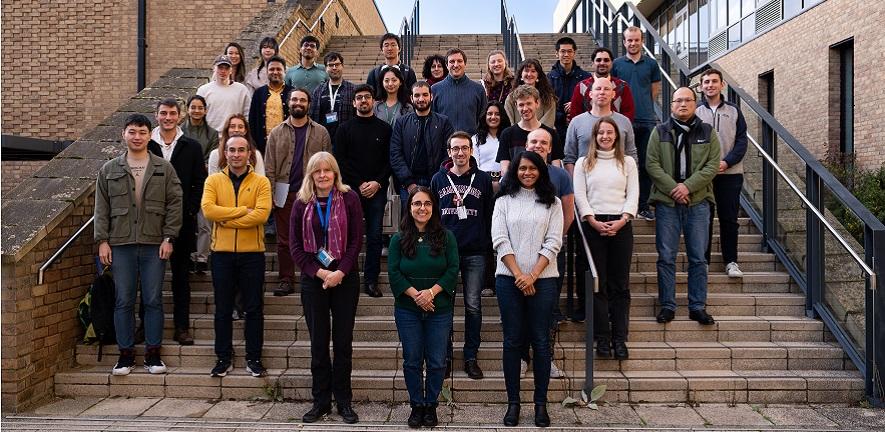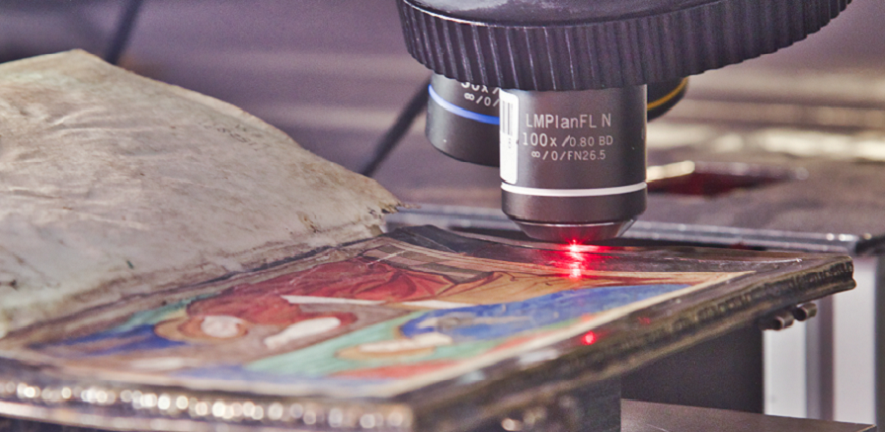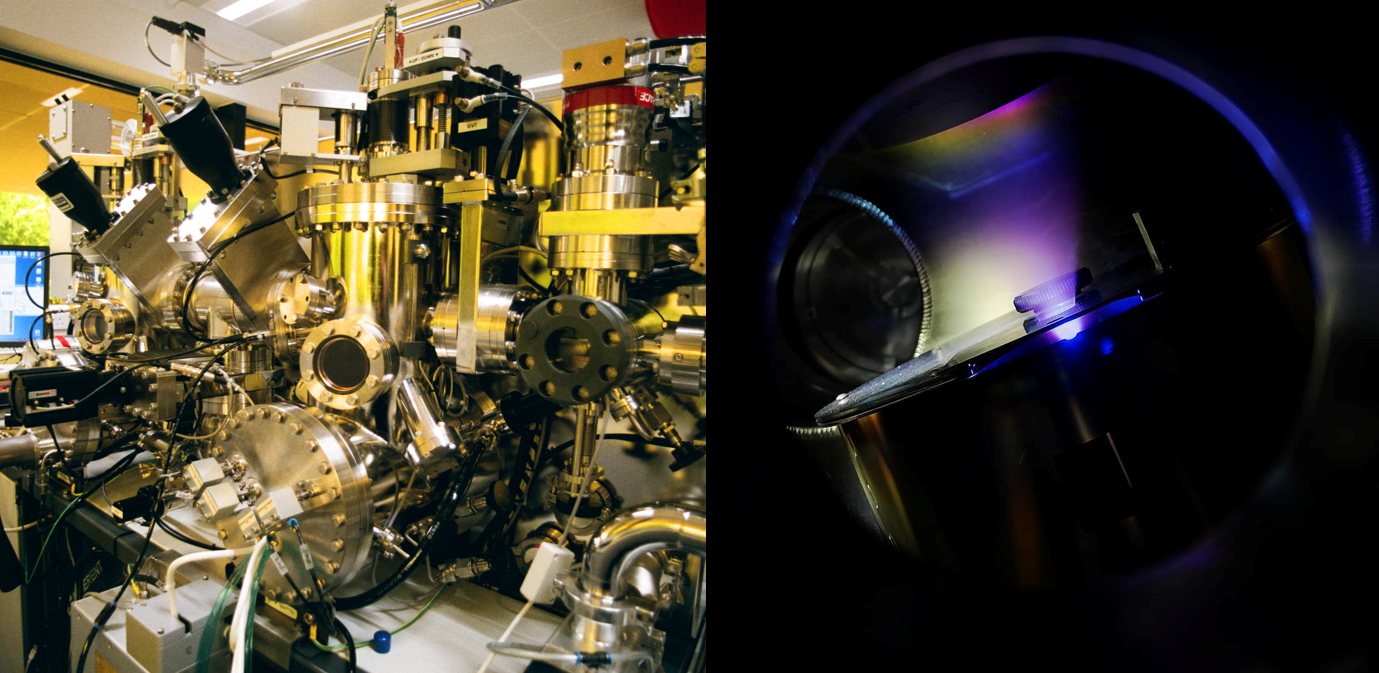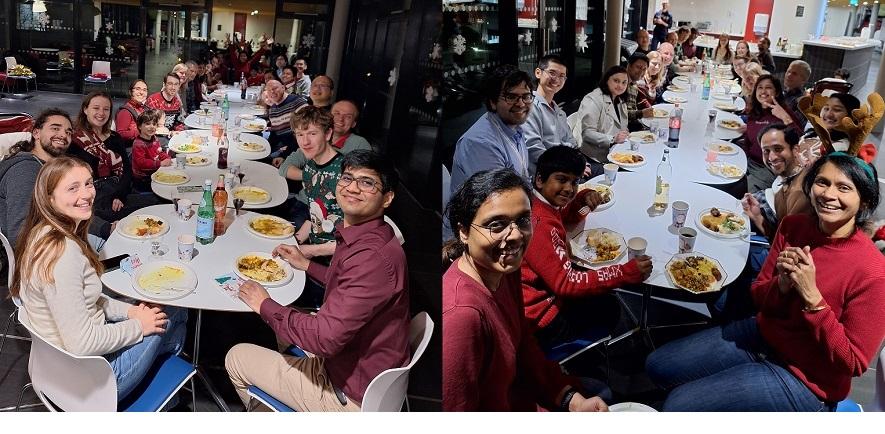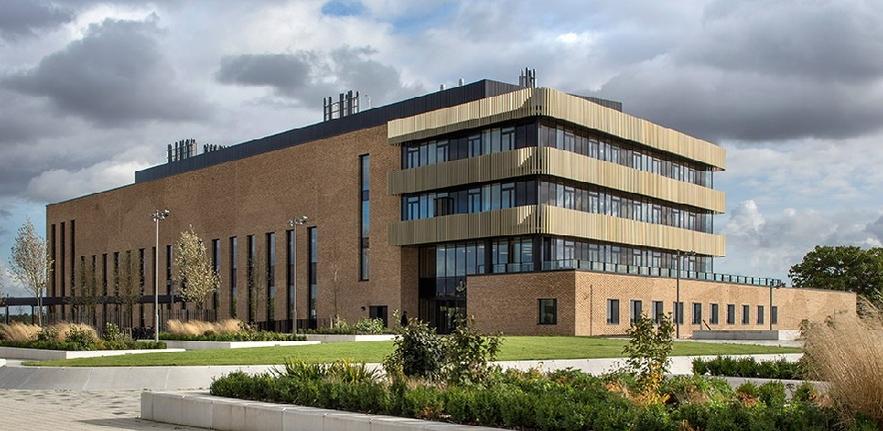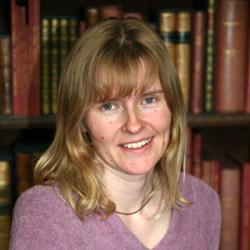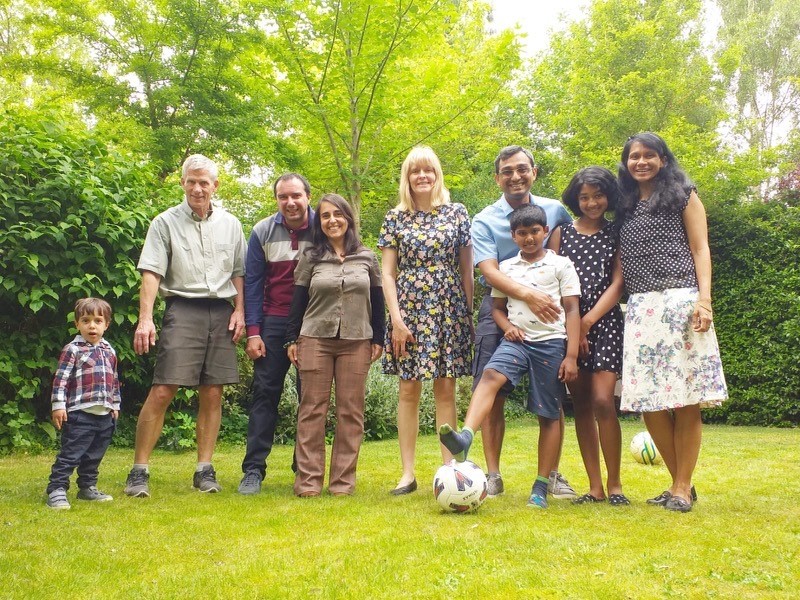The Device Materials group was founded by Prof. Jan Evetts in 1962. It aim was and still it to develop materials for device applications.
The group started with superconductivity, it expanded to magnetism and then to a much wider variety of functional materials. This natural evolution to encompass a broader range of materials happened because of the enormous range of important functionalities that have emerged over the last 60+ years. Underlying the functionalities and eventual device fabrication is a deep understanding of the science and the development and engineering of materials. This is at the heart of what we do.
The group has created hundreds of researchers over its time, many of them holding eminent academic positions all over the world. We are very proud of their achievements and cognizant of how the group and the shared facilities played a part in their success.
Prof Driscoll’s group works in the area of Oxide Energy Materials And Electronics based on advanced thin films. Oxides are of interest as they possess the whole range of materials functions, all the way from insulators to superconductors (with ferroelectrics, semiconductors, and magnetic materials, and a range of other functions in between). In the vast majority of cases, they are environmentally stable and benign. There are a large number of possible applications: energy-efficient non-volatile memory, oxide energy devices, superconducting materials.
To find out more about Driscoll Research Group, please see here: https://driscoll.msm.cam.ac.uk

Prof Kar-Narayan's group develops novel functional nanomaterials and devices for applications in energy, sensing and bio-medicine. They use a range of fabrication and characterisation techniques, ranging from advanced nanoscale characterisation methods to scalable solution-based nanofabrication to microscale additive manufacturing methods. They work in close collaboration with industrial and clinical partners to develop new and innovative materials and device solutions to existing problems.
To find out more about Kar-Narayan Lab, please see here: https://www.kar-narayan.msm.cam.ac.uk
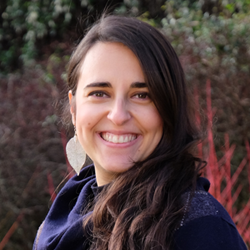
Dr Di Martino’s group pursues to find sustainable power solutions for highly efficient non-volatile memory (NVM) and for new forms of brain-like computing autonomous systems. She directs research in the field of spectroscopy and light-matter interaction, developing technologies enabling investigation of a wide range of cutting-edge device materials, from novel semiconductor and dielectric interfaces, magnetic and superconductive thin films to innovative plasmonic ceramic materials, by which applications such as low power electronics, high performance memory devices and neuromorphic computing can directly benefit. By using light to solve fundamental problems, she aims to bring the world closer to Net Zero.
To find out more about Di Martino Lab, please see here: https://www.dimartinolab.msm.cam.ac.uk


